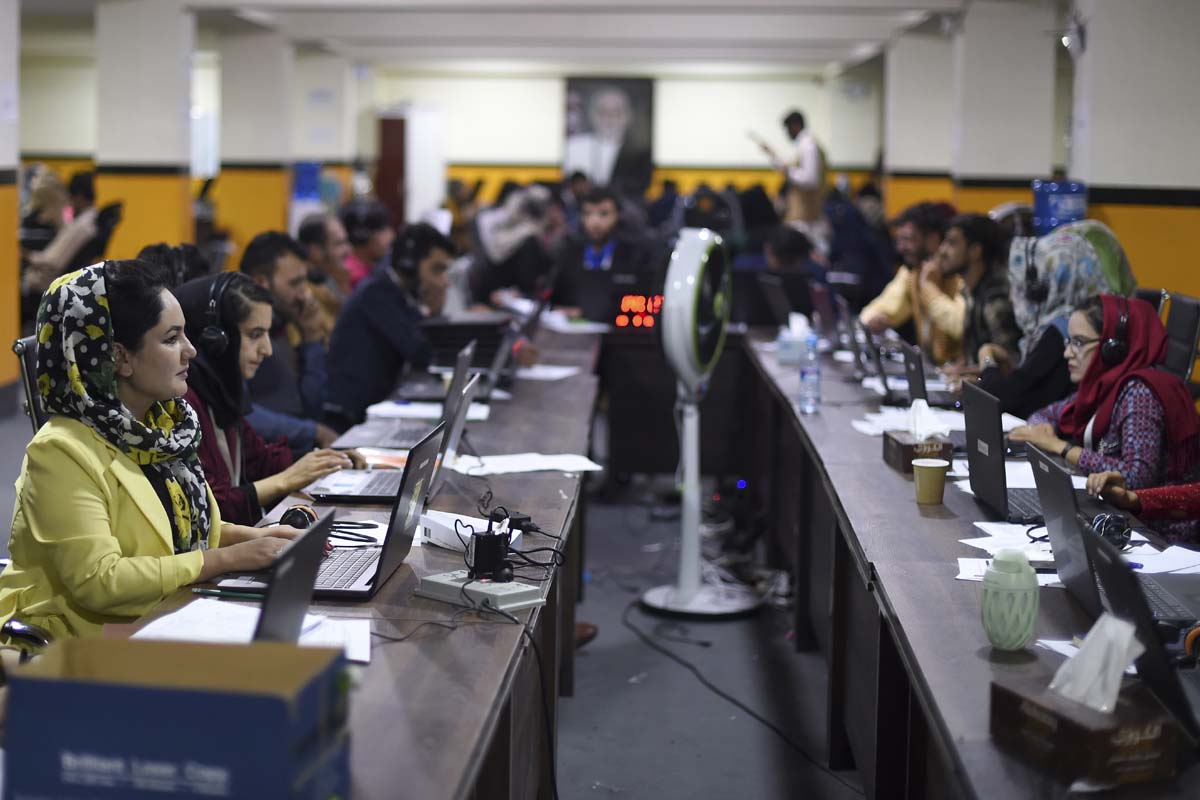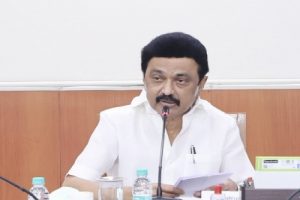It has been a dismal prologue to the swelling act of the presidential theme. The scenario in Afghanistan over the weekend’s presidential election was symptomatic of the relentless ferment in the country. As much was clear from the barometer of violence, claims of fraud and the chaos, almost overwhelming. The convulsions as polling was in progress have relegated to the sidelines speculation over the possible winner ~ the incumbent, Ashraf Ghani, or his bete noire, Abdullah Abdullah, who happens to be the country’s chief executive under the terms of engagement in the previous election. Results are not expected until October 19.
Candidates need more than 50 per cent of the vote to be declared outright winner, or else the top two will head for a second round in November. Ergo, the uncertainty at the helm of a strategic country is likely to persist for some time yet. The turnout has been low in a direly fractious land where tension rages an inch beneath normal life, and killings by militants a further inch beneath tension. And the victims in recent weeks have included both women and children. Reduced to irrelevance is the reported agreement in Doha between the Taliban and America. Faced with the Taliban’s stern warning not to participate in the electoral process, the turnout was expectedly low.
Advertisement
To that must be added the grievous injuries suffered in bomb explosions ~ to keep voters at a distance from polling booths ~ despite the deployment of 70,000 police and troops at polling stations. While fraud in presidential polls has been almost integral to the electoral engagement in Afghanistan, the upsurge in violence in the run-up to the elections, following the collapse of US-Taliban talks to end America’s longest war (since October 2001), had already rattled the volatile country.
In parallel, voters have expressed frustration over relentless government corruption and widespread chaos at polling stations. A deeply flawed election and contested result could drive the country into even worse chaos than an agreeable incumbent at Kabul’s presidential palace. The vote was marred by incomplete voters’ lists, unworkable biometric identification systems aimed at curbing fraud, and, in some cases, hostile election workers. And yet the fourth presidential poll to be held since the Taliban was toppled from power could be highly consequential, with violence escalating to record levels and the US attempting to broker a peace deal.
It is a measure of the crisis in governance that a section of the electorate has been sceptical about a poll that has turned out to be a rerun of the spurious tryst with democracy in 2014. It bears recall that the results then were so highly contested that the US stepped in to broker a “unity government” between Ghani and his main challenger, Abdullah Abdullah. After five fractious years in power, they are facing off again at the ballot box. But with the economy crumbling, corruption rampant and security the worst in 20 years, some Afghans say they cannot support either man to helm a flawed democracy.











